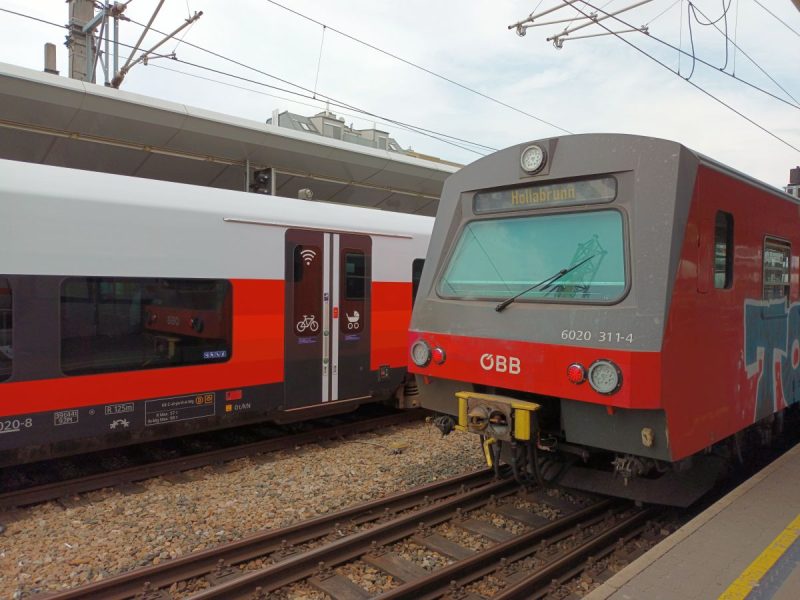Using public transport is part of everyday life for many commuters, travelers and city residents.
In Germany alone, over ten billion people were transported by buses and trains in 2022. To make life easier for passengers, Bunq, the second largest neobank in Europe, has identified where a missing ticket can be particularly expensive. The penalties for fare evasion were determined in 27 European capitals. According to Bunq's analysis, the fines amount to an average of 65,12 euros.
In Sweden, driving without a ticket is the most expensive
Passengers who avoid a ticket in the Swedish capital have to pay the most in Europe. Stockholm takes first place in the ranking, where travelers have to expect the equivalent of 137,68 euros for a missing ticket. Lisbon is in second place with 120 euros. Brussels, however, completes the podium with 107 euros. In the cities of Vienna, Helsinki and Copenhagen there are also three-digit penalties, with 104,80, 102,95 and 100,61 euros - unnecessary costs can be saved particularly here.
According to Bunq's analysis, the average price for a missing ticket in Europe is 65,12 euros. The fines in Dublin, London and Bratislava are far higher: if commuters or holidaymakers fail here, they will be charged 100, 93,57 and 81,10 euros respectively. This puts the cities in seventh, eighth and ninth place in the study, with Athens completing the top ten with a fine of 72 euros. Passengers in the German capital should also note that failure to visit the ticket counter can result in a fine of 60 euros. This puts Berlin slightly below the European average.
The fines are lowest here
The Neobank also found that guests without a ticket can get away cheaply in Riga. Here, 15 euros are charged for each missing ticket. This is followed by Vilnius in Lithuania, with one euro more, at 16 euros, which means the costs are still within reasonable limits. In comparison, Sofia, Budapest and Warsaw follow, where the costs are equivalent to 20,45, 30,65 and 37,06 euros. The penalties are also comparatively low in Madrid and Prague - here travelers pay 37,50 and 39,39 euros, respectively.
Bianca Zwart, Chief of Staff at Bunq, comments on the research: “Travelling across Europe on public transport can be an exciting adventure, but it is important to consider the various costs you will have to expect – e.g. B. Train tickets and bus fares. Planning ahead is crucial to ensure a budget-friendly and enjoyable trip.”





 trail (for them it's free to use)
trail (for them it's free to use)